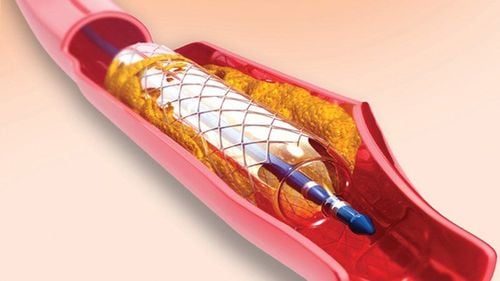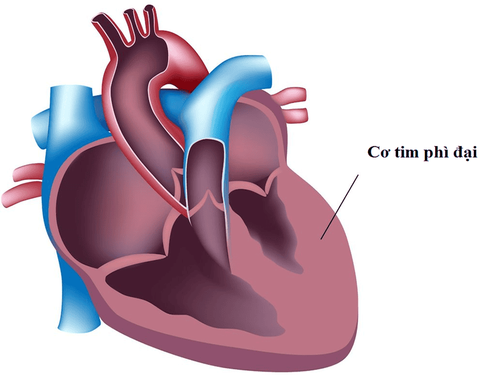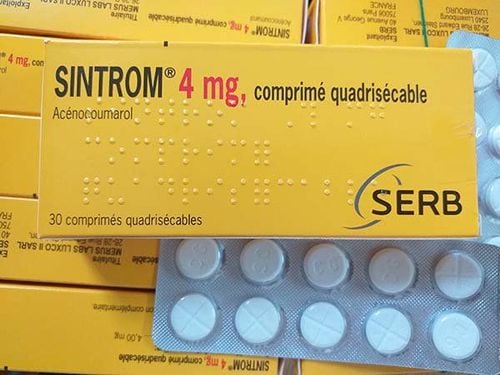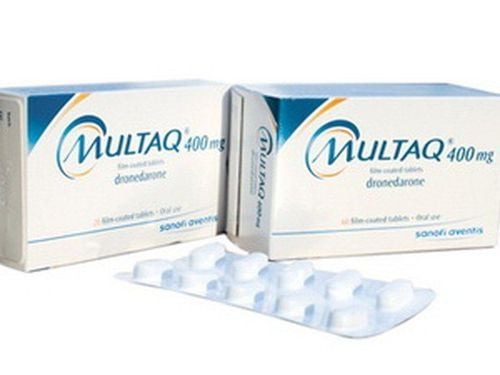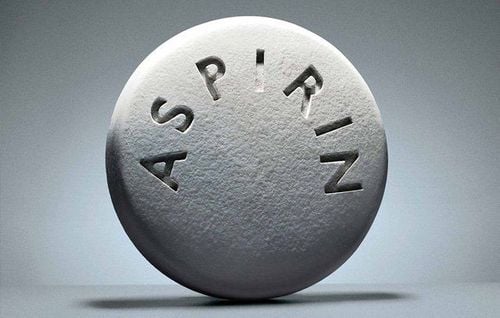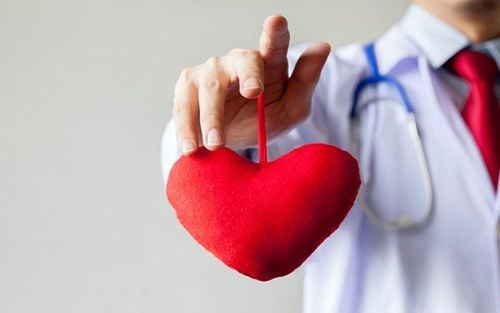Building a healthy diet,suitable for patients with heart valve regurgitation, plays an important role in preventing cardiovascular risks and events, reducing the burden on the heart, prolonging the progression of the disease, helping patients have a long, healthy life. In addition to foods that should be eaten, good for health, patients with heart valve regurgitation need to pay attention to foods that are not good for the cardiovascular system.
1. What is heart valve regurgitation?
Heart valve regurgitation is a condition in which a heart valve doesn't close tightly, allowing blood to leak backward into the heart chambers. This forces the heart to work harder to pump blood throughout the body, leading to heart failure over time. Heart valve regurgitation includes mitral valve regurgitation, tricuspid valve regurgitation, aortic valve regurgitation, and pulmonary valve regurgitation.
While diet doesn't directly treat heart valve disease, it can influence heart health. Certain foods can contribute to atherosclerosis and valve calcification, affect anticoagulants, and promote heart failure and cardiovascular events such as atherosclerosis, myocardial ischemia, myocardial infarction, etc.
Therefore, people with heart valve regurgitation must strictly follow a heart-healthy diet, increase intake of heart-friendly foods, and engage in regular physical activity.
2. What foods should be avoided for heart valve regurgitation?
Limit salt intake
- Eating salty foods can increase blood pressure. High blood pressure puts extra strain on the heart, which can lead to heart failure. Patients with heart valve regurgitation need to reduce the burden on their hearts and maintain stable blood pressure.
- The recommended daily salt intake for patients with heart valve regurgitation is 2-4 grams. To achieve this, it's important to prepare dishes with less salt and sodium. Foods high in sodium, such as fish sauce and seafood, should be avoided.

Avoid stimulants such as tea, coffee, alcohol, and tobacco. Using these stimulants increases the risk of myocardial infarction and stroke.
- Tobacco: Tobacco increases the risk of atherosclerosis, leading to coronary artery disease, stroke, and high blood pressure. People with heart valve regurgitation should quit smoking to reduce the risk of atherosclerosis and lessen the burden on the heart.
- Tea, coffee: Tea, coffee contains caffeine, theobromine, theophylline, and L-theanine, which stimulates the sympathetic nervous system, causing destabilization of physiological activities such as palpitations and rapid heartbeat. People with heart valve regurgitation who regularly consume large amounts of coffee or tea may be at increased risk of heart failure and anxiety disorders. In addition, tea and coffee can lead to increased blood pressure, slowing blood transport and worsening heart valve disease.
- Drinking a lot of wine and beer: Alcohol causes many harmful effects on organs such as the liver, pancreas, kidneys, brain, and heart. People with heart valve disease should avoid consuming alcoholic beverages because they can cause arrhythmia and make the symptoms of the disease worse.
Limit soluble fats such as animal fat, milk, cheese, coconut oil, palm oil, canned foods, fried foods, processed meats such as sausages, bacon, etc.
- These soluble fats raise blood cholesterol levels, increasing the risk of atherosclerosis, the burden on blood vessels and the heart, and the risk of myocardial infarction and stroke. When blood vessels are atherosclerotic, the heart has to work harder to meet the blood supply for the whole body. Therefore, this worsens the condition of people with heart valve regurgitation.
Avoid foods containing refined carbohydrates
- Refined carbohydrates include white bread, sugar sweeteners, etc. People with heart valve regurgitation should avoid these foods because the beneficial nutrients, such as fiber, minerals, fatty acids, and other natural components, have been lost during processing.

In addition, during the processing, unhealthy ingredients such as trans fats and sugar are added, which harm the cardiovascular system.
Soft and carbonated drinks are loaded with sugar, which can lead to rapid weight gain and increased strain on the heart. People with. Therefore, people with heart valve regurgitation should avoid these sugary beverages to maintain optimal heart health.




